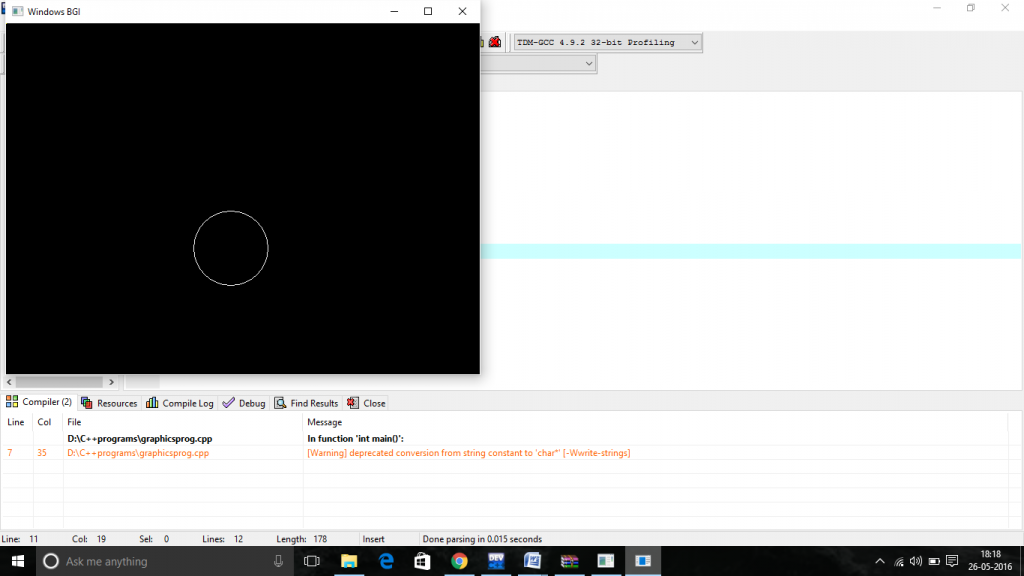Dev Urandom C++
Os.urandom method is used to generate a string of size random bytes suitable for cryptographic use or we can say this method generates a string containing random characters. Syntax: os.urandom(size).

You should use /dev/urandom, not /dev/random.The two differences between /dev/random and /dev/urandom are (I am talking about Linux here): /dev/random might be theoretically better in the context of an information-theoretically secure algorithm.This is the kind of algorithm which is secure against today's technology, and also tomorrow's technology, and technology used by aliens, and God's own. N3551: Random Number Generation in C11 3 3 An anti-pattern Noting that an engine’s results are already uniformly distributed, casual programmers often believe that it’s not necessary to use any uniformintdistribution. Linker undefined reference to. Instead, they transform their engine’s output via their own algorithm in order to obtain variates in their desired range. Has use of /dev/urandom instead of /dev/random ever caused a vulnerability? Entropy change when reading from /dev/urandom vs /dev/random. Hot Network Questions How does a. Feb 21, 2008 I am darkshade and I am new to programming in C. At the moment I have to create a project which will play the traditional tic-tac-toe game. I got the proram to do the design for me. Now its just that I am planning ot generate a random number between 0 and 8 so that when the user click a button, it will generate a number and will put a cross. May 29, 2016 /dev/urandom (older Linux kernels) For software that runs during the Linux boot, poll /dev/random until it's available. This means /dev/urandom has been seeded and you can safely read from /dev/urandom for all your cryptographic purposes. Don't read from /dev/random. OpenBSD: getentropy arc4randombuf with ChaCha20 (not RC4).

C++ /dev/urandom
|